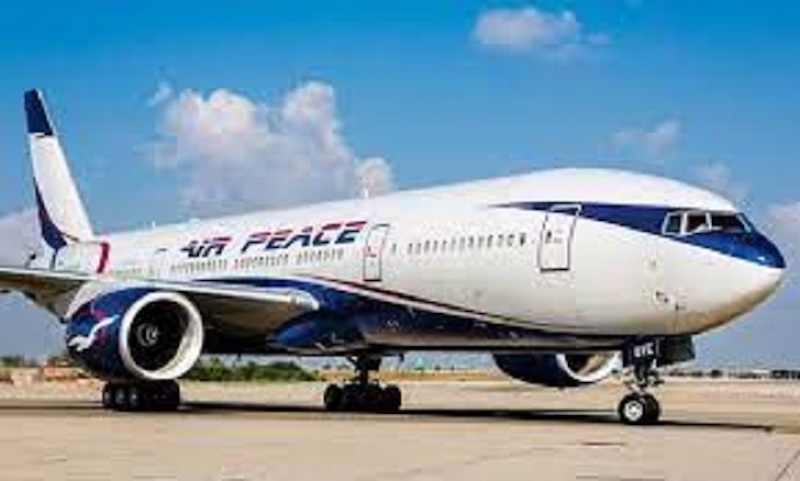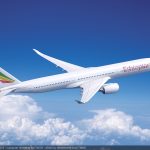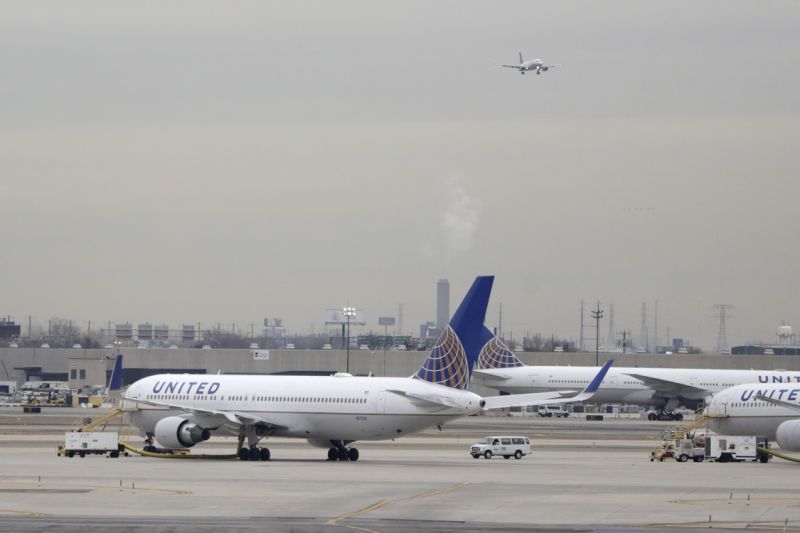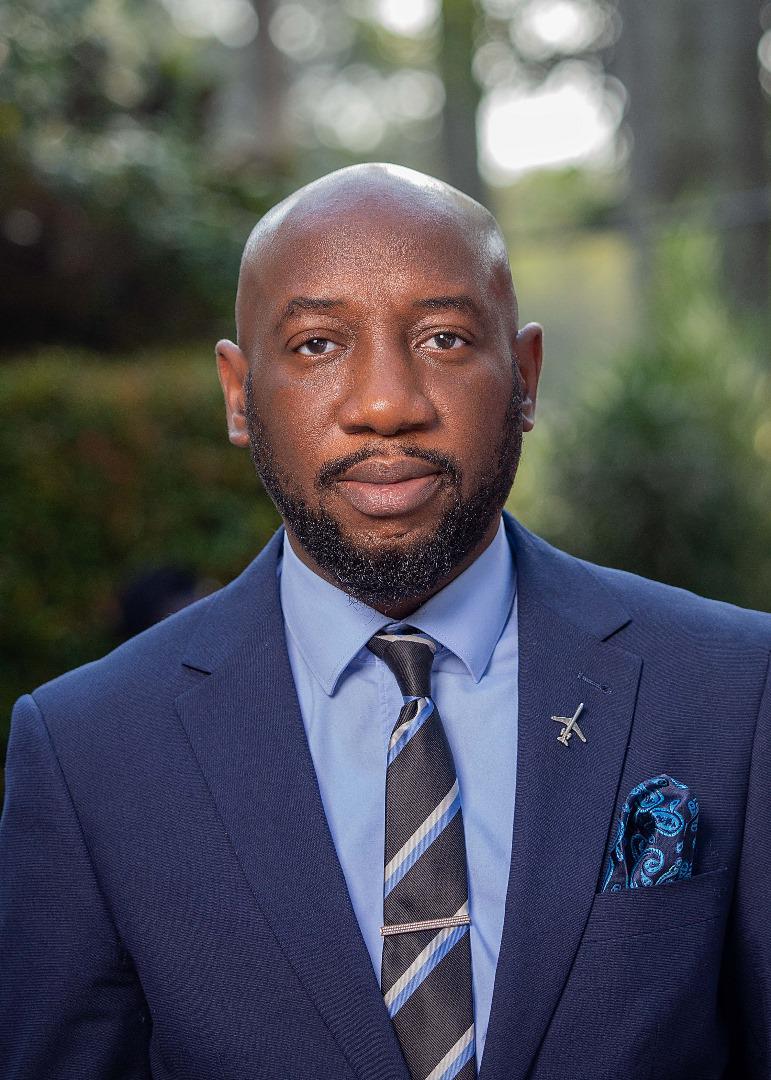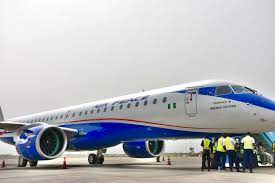
About 15 years ago Nigerian carriers dominated the West and Central African air travel, providing the highest service and connecting all the countries in West Africa, but years later Nigeria began to lose the market to other airlines.
In the past, Nigerian airlines effectively connected Accra and Lagos and later Abuja, and there was regular flight to Banjul, The Gambia, Cameroon, Cote d’Ivoire, Senegal, Niger and even beyond, up to Angola. But a decade ago Nigeria began to lose the market and the major factors, according to industry observers, included service efficiency, competition and high cost of operation.
Some countries like Cote d’Ivoire introduced high charges against fellow African carriers as anti-competition strategy to protect its own airline, Air Cote d’Ivoire, while Ghana opened its airspace to all and sundry, encouraging foreign airlines to operate hub and spoke, which made competition stiff on the route.
Then there is the short lifespan of Nigerian carriers, the airlines like the defunct Bellview, Virgin Nigeria, which operated successfully on the West Coasts, as well as First Nation Airways, have all gone under, except Arik Air, which has however lost its verve. These airlines operated effectively for many years on West and Central African destinations, connecting businessmen and women, policy makers, government officials and international and regional agency officials across the sub-region.
There was also when Nigerian carriers were generating substantial foreign exchange from the West Coast routes, but THISDAY gathered that Nigerian airlines are struggling to survive on the routes now and are even recording losses.
Head of Strategy and Development, Commonwealth Institute of Advanced and Professional Studies, Lagos, Professor Anthony Kila, told THISDAY on Wednesday that Nigerian airlines should review their operations in the West Coast and adopt new approach in tandem with the new market realities before they could make successful operations on the sub-region.
“My views are that for Nigerian carriers to thrive on West African routes, they must understand the market and its people, become more efficient by adopting a lean and customer-centric approach, and engage proactively with policymakers, regulators, and regional partners to foster a supportive aviation ecosystem.
“To remain competitive and potentially take the lead, they must merge operational discipline with strategic vision and collaborative leadership within the region. To be regional leaders, Nigerian airlines need to be able to use Enugu, Lagos, Port Harcourt and Uyo in the south, Abuja, Kano, Kaduna and even Sokoto in the north as strategic hubs for the region. They must also be bold and expand aggressively to serve underserved or high-demand West African routes, such as Conakry, Kigali, Monrovia, and Niamey, where competition is low but traffic potential is high. They also need to deliberately create the perception that they are the airline that people want to fly and that other operators want to work with,” Kila said.
Looking at the current situation of the market, travel expert and organiser of Akwaaba African Travel Market, Ambassador Ikechi Uko, told THISDAY that Nigerian airlines could dominate the West Coast if they can work together, synergise and build hub and spoke operations, which would entail bringing all their passengers from different destinations to Nigeria by 11 pm and from 1 am take them to their final destinations.
Uko, gave example with Asky Airlines, which does not have domestic operations but all international service and noted that the airline, which started with only two aircraft, has been doing well because it created a hub in Lome and efficiently connect passengers from the hub to other destinations and has become very efficient and dependable in West Africa.
He therefore urged Nigerian carriers to look inwards and learn how to work together to achieve positive results, noting that the sub-region is for Nigerian carriers to dominate if they can work together.
“There has to be an intentionality about this. Air Cote D’Ivoire used high charges to drive out competition but it is struggling now. Asky Airlines complained about the high charges but it is dominating the route; so, high charges cannot discourage a serious operator, but Nigerian airlines have to build capacity by working together in order to achieve positive result,” he said.
Uko also advised Nigerian airlines to cooperate in order to make the most effective use of their operations, noting that some years ago, many Nigerian airlines started Lagos-Accra route and saturated the marked and made it unprofitable, as he predicted. “Some of them had to withdraw from the route. Today, Nigerian airlines are operating Lagos-Banjul route, from Air Peace, Overland Airways to ValueJet; and according to inside source, two more Nigerian airlines are planning to operate to the destination. Analysing the route, industry observers noted that the route may not be able to offer more than 400 seats a day, which would be shared by the Nigerian carriers, Asky Airlines and any other,” he said.
One of the factors adduced to the reason why Nigerian airlines lost the West Coast market was the creation of open sky policy that allows other airlines free entry and free exit in 23 African countries.
Reports indicate that the Single African Air Transport Market (SAATM), which was ratified by the African Union, created open sky for 23 African countries that are already signatories to the policy.
The implication of the policy, it was learnt, is that the airlines of these 23 countries can freely enter and exit these member-countries without hindrance.
It was, however, gathered that while Nigeria allows airlines from the West Coast like African World Airlines (AWA), Air Senegal, Air Cote d’Ivoire and others to operate in the country with minimum charges, other countries over charge Nigerian carriers to discourage them from flying to lucrative destinations such as Accra, Abidjan, Dakar, Freetown and others.
With such strangulating charges and taxes, THISDAY learnt that the Nigerian airlines were forced to charge high fares to these routes to offset operation cost, thus making them uncompetitive.
Nigerian operators have suggested that Nigeria should respond to the high charges levelled against Nigerian carriers by these countries by introducing high charges against airlines from these countries.
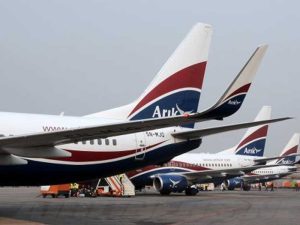
A Nigerian operator once noted, “The charges are too high. After paying them, you cannot get up to N5,000 from the base fare and you have not counted the cost of operation. Their ground handling charges are so high; the same with navigational charges by ASECNA (airspace services provider) and if you don’t pay in time they seize your aircraft.”
Seeming to have woken up from sleep, the Economic Community of West African States (ECOWAS) recently complained about the high charges in West African and moved to curb the outrageous taxes on air operations in member states.
ECOWAS later announced that it had taken bold steps to address the disturbing high airfares within the sub-region with an ambitious plan to implement a 25 per cent reduction in passenger service and security charges on air travel within the sub-region by January 2026.
ECOWAS may have realised that such high taxes have retarded the growth of air travel in West Africa and inimical to the success of SAATM.
Studies indicated that passengers in the ECOWAS region are burdened with 66 different charges, while airlines face 112 distinct levies. These excessive costs significantly inflate airfares, hindering regional connectivity and economic integration. Based on the development, ECOWAS decided to step in to address the challenges.
The West Coast has remained a huge potential market for Nigerian carriers, but the domestic airlines must have to work together to stem external temptation and also to ensure they do not saturate the market with excessive seats for flight operations.


